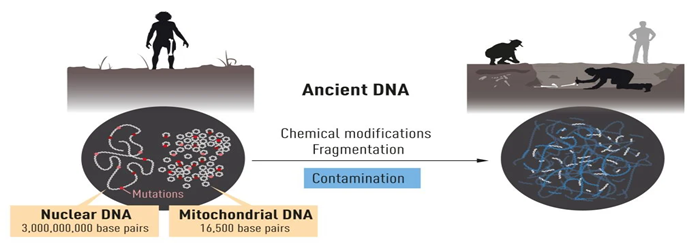

4th October 2022 (6 Topics)
Context
The Nobel Prizes 2022 for medicine or physiology was awarded to Swedish geneticist Svante Pääbo for his discoveries concerning the genomes of extinct hominins and human evolution.
About
About the Svante Pääbo:
- Svante Pääbo (born 20 April 1955) is a Swedish geneticist specializing in the field of evolutionary genetics and a Nobel prize laureate.
- He has worked extensively on the Neanderthal genome.
- He was appointed director of the Department of Genetics at the Max Planck Institute for Evolutionary Anthropology in Leipzig, Germany in 1997.
- He is also a professor at Okinawa Institute of Science and Technology, Japan.
About the Discovery:
- Svante Pääbo has accomplished sequencing the genome of the Neanderthal, an extinct relative of present-day humans.
- He also made the sensational discovery of a previously unknown hominin, Denisova. Comparisons with sequences from contemporary humans from different parts of the world showed that gene flow had also occurred between Denisova and Homo sapien.

Accomplishing a seemingly impossible task:
- With time DNA becomes chemically modified and degrades into short fragments.
- After thousands of years, only trace amounts of DNA are left, and what remains is massively contaminated with DNA from bacteria and contemporary humans.
- Pääbo started to develop methods to study DNA from Neanderthals, an endeavor that lasted several decades.
- He decided to analyze DNA from Neanderthal mitochondria – organelles in cells that contain their own DNA. The mitochondrial genome is small and contains only a fraction of the genetic information in the cell, but it is present in thousands of copies, increasing the chance of success.
Significance of the Discovery:
- His findings suggest that gene transfer had occurred from these now extinct hominins to Homo sapiens following the migration out of Africa around 70,000 years ago.
- This ancient flow of genes to present-day humans has physiological relevance today, for example affecting how our immune system reacts to infections.


